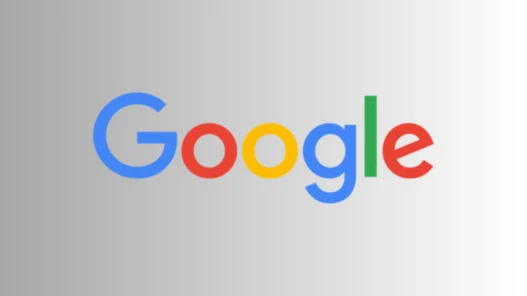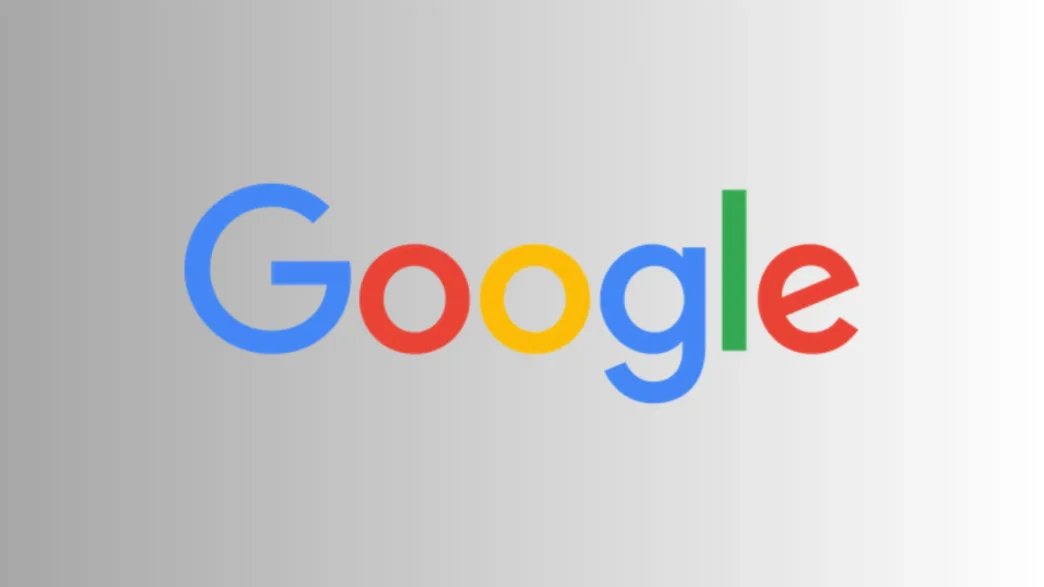The U.S. Department of Justice (DOJ) has been fighting Google for allegedly monopolistic practices in the search market, and the tech giant is not giving up. Following a landmark ruling in August by U.S. District Judge Amit P. Mehta that found Google to be a ‘monopolist’ in the search business, the DOJ set forth a series of sweeping remedies aimed at reigning in the company’s market power. Google has offered a separate set of counter proposals designed to resolve the DOJ’s issues and maintain the company’s core business operations.
TDOJ’s Concerns and Purposal
In a detailed 23-page doc, the DOJ describes how its remedies, which it promises to file in court, would destroy what it portrays as Google’s anti-competitive practices. Among the most radical suggestions are:
- Divesting Chrome and Android: Severing these key assets, the DOJ says, would hamper Google’s ability to dominate the search market.
- Restricting Licensing Practices: The proposals include stopping Google’s deals with makers of smartphones and browsers from requiring searches to be bundled with other Google services.
- Long-Term Oversight: We recommend a 10-year period for remedy implementation, after which any remedies are to be enforced for the remainder of the terms of the existing licenses (which will likely extend at least beyond 2017).
Google’s Counterproposal: A Pragmatic Approach
Google’s response detailed a step in which the company tries to satisfy the DOJ’s concerns without ripping apart its ecosystem. Here are the key elements of Google’s proposal:
Browser Agreements with Flexibility
Google proposes maintaining its partnerships with browser developers like Apple (Safari) and Mozilla (Firefox) but with added flexibility:
- It will allow browsers to keep offering Google Search as default while letting them earn from the partnership.
- Allow browsers to come to terms in their own way with various platforms and modes of use.
- Allowing competition by enabling users to change the default search provider once a year.
Smartphone Licensing Practices Revised
To address concerns about its dominance in the mobile ecosystem, Google suggests:
- Licensing of services to Google Play, Search, and Chrome separation and freedom of the manufacturers to license these services independently.
- It would give device makers the option to preload multiple search engines along with Google apps without having to do so by obliging.
The changes are intended to give smartphone manufacturers more liberty and to promote competition.
Compliance Mechanisms
Google suggests a ‘robust mechanism’ to respect the Court’s order without interference from the government in how users experience search. The company also suggests the DOJ cut its proposed ten-year period over which it would oversee the company down to three years as the tech industry rushes.
Google’s Stance on Remedies
In a letter sent to the DOJ, Google expressed concern about the proposals, writing that they were overly broad and threatening the company’s partnerships and business model. In a blog post, Google stressed that its counterproposals maintain the Court’s specific issues while not burdening operations or undermining user privacy and security.
The changes also hit at the potential effect on partners in the search ecosystem and didn’t amount to ‘changes that we propose lightly,’ said Google’s VP of Regulatory Affairs, Lee-Anne Mulholland.
What is Next?
It is far from over in the legal battle. The two sides will kick off the trial in April 2025. While that is underway, Google will file a revised proposal by March to cap its brand exposure to the lowest levels possible.
As this case unfolds, it has the rare opportunity to shake up the search industry and create a new precedent in how regulators will treat monopoly abuses within the tech space. Google’s challenge is maintaining its innovative edge while complying with regulations in a fast-changing market.
This legal twist-and-turn isn’t just about the specifics of tech regulation it’s about how to draw the line between fostering innovation and anti-trust. The DOJ hasn’t said whether the counterproposals Google has offered are enough.
Ethan Cole is a tech aficionado dedicated to exploring the latest innovations and gadgets, providing reviews and insights to keep you updated in the tech world.


















